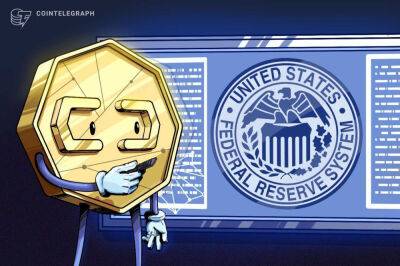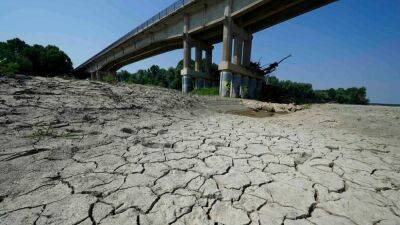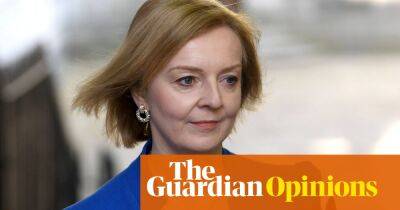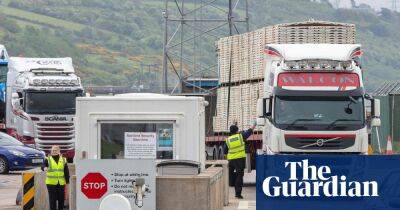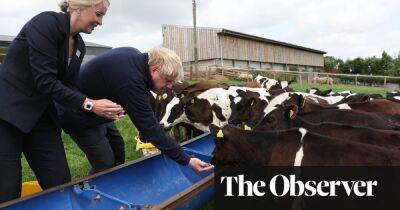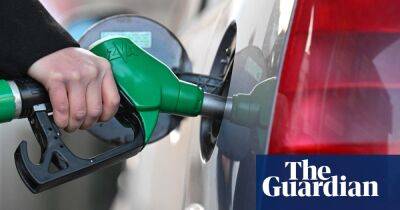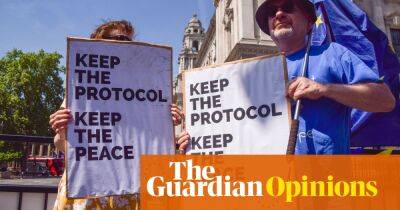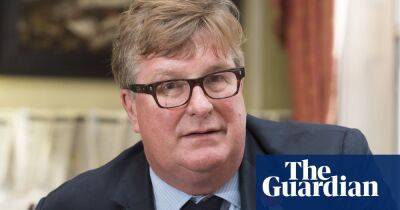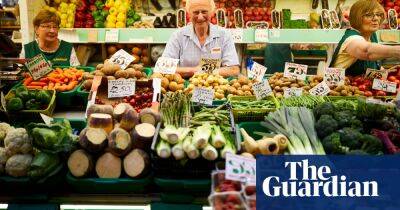Defra plan shows no stomach for bold action on food poverty and obesity
The 2020 report on a food strategy for England by the Leon restaurant chain co-founder Henry Dimbleby and the resultant government plan have things in common, including a recognition that Covid highlighted significant issues over food and that obesity is a national crisis. But when it comes to solutions, the two documents could hardly be further apart.
Dimbleby’s report recommended a significant expansion of the free school meals programme to tackle food poverty and unhealthy eating, using expanded sugar and salt taxes to fund fresh fruit and vegetables for low-income families, and it also called for a 30% cut in meat consumption inside a decade.
Noting a pre-Covid toll of 90,000 annual deaths due to poor diet, Dimbleby said it was clear the state “has the moral authority to intervene in people’s lives to help them eat better”.
In stark contrast, the 27-page government food strategy produced by the Department for Environment, Food and Rural Affairs (Defra) eschews bold action on food poverty and diet for a combination of can-kicking and minor policy tweaks.
Public health experts will wearily note a paragraph that talks about “an important role for individual responsibility and choice”, something successive UK governments have appealed to over the decades, with no apparent success.
Public health interventionism, inevitably labelled “nanny state” measures when rolled out in the UK, had a brief moment of prominence in 2020 after Boris Johnson blamed his brush with serious Covid on excess weight and promised a “war on fat”.
Such wars, however, take time and create enemies, and much of Johnson’s strategy was shelved last month, prompting a backlash among campaigners such as Jamie Oliver.
So what does survive in the food strategy,
Read more on theguardian.com

![Ethereum [ETH]’s bearish pressure may subside in short-term, but can the bulls defend the alt in the long run?](https://finance-news.co/storage/thumbs_400/img/2022/7/9/32763_koqfa.jpg)

![Solana [SOL] NFTs stand to be the undisputed king of trading volumes in Q2 2022 as per latest report](https://finance-news.co/storage/thumbs_400/img/2022/7/9/32761_eajeb.jpg)






